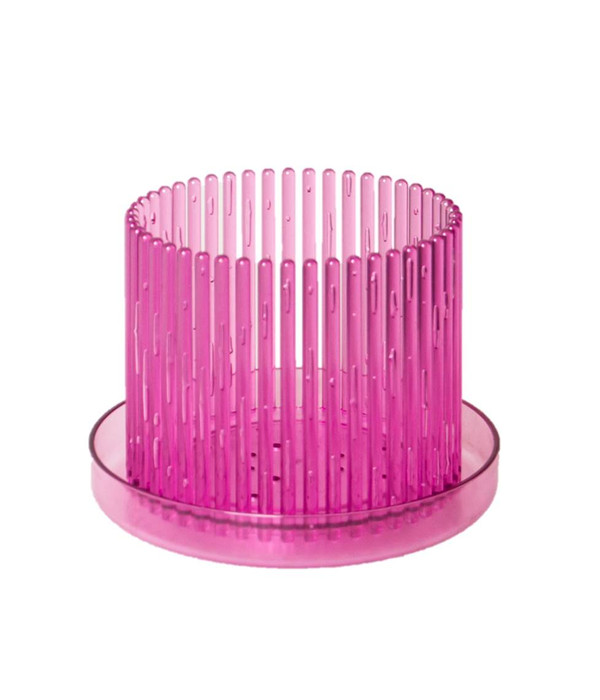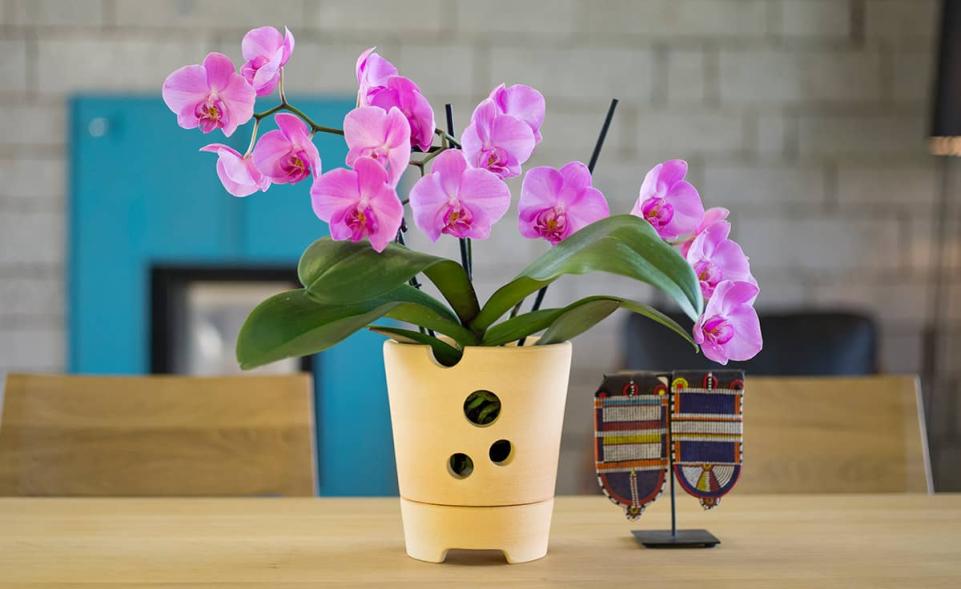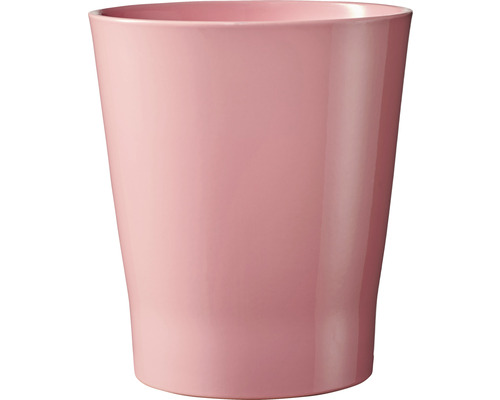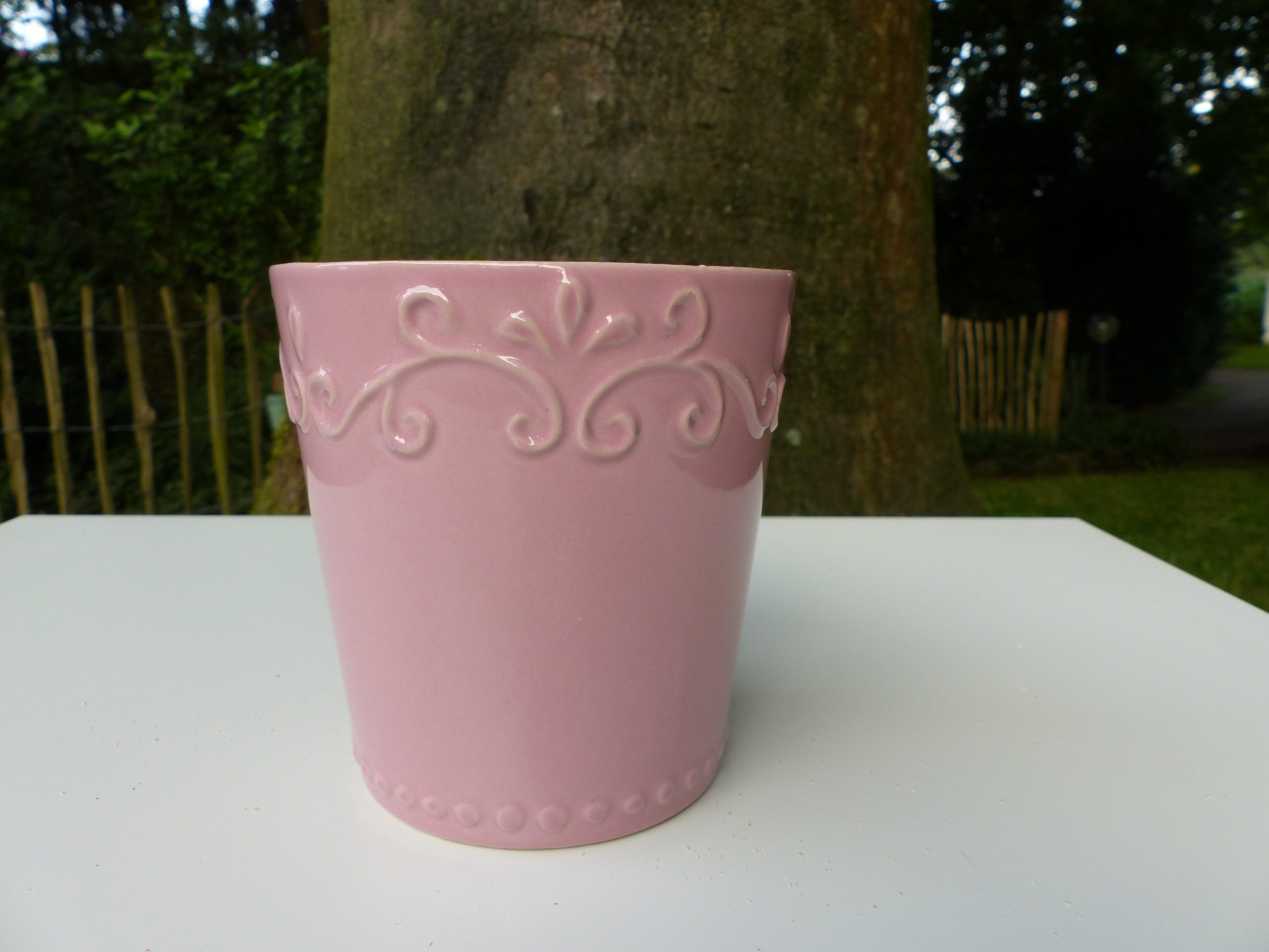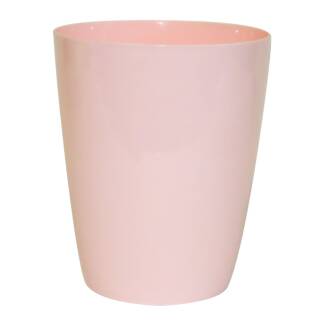
Künstliche Orchideen im Topf Rosa N-13053-7 - 2 Rispen Orchideentopf Keramik Orchidee Phalaenopsis Künstlich wie echt Pflanze Kunstpflanze Orchideegesteck H. ca 44cm Muttertag-Orchidee - 2 Rispen *ca.44cm Rosa N-13053-7
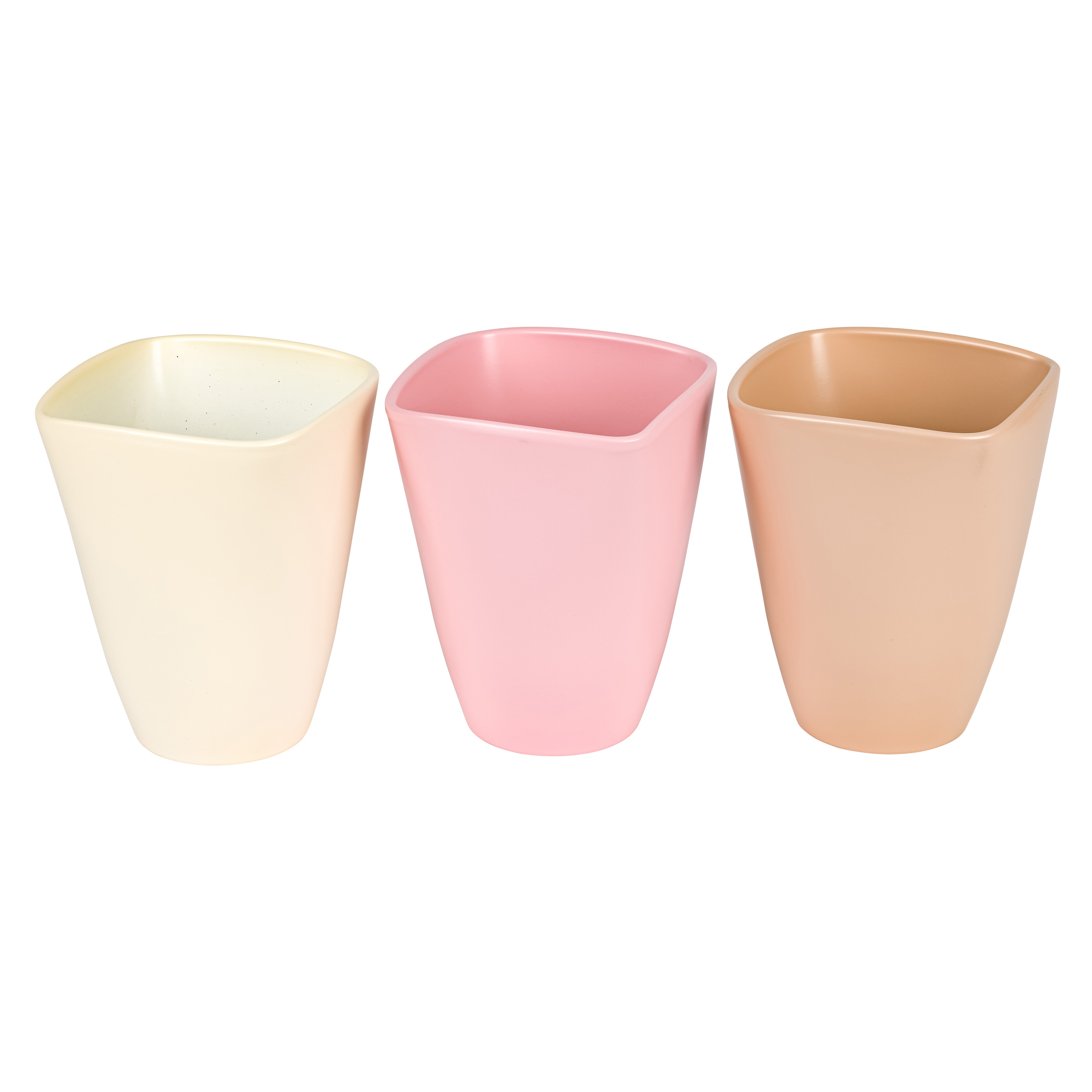
Keramik Orchideen - Topf, 14cm, 3 Farben sortiert, matt ivory/rosa/panna | Keramik Standard | Keramik | Bepflanzen und Befüllen | Floristik & Deko | Scheulen - Floristik, Deko und Kunstgewerbe

Orchideentopf D10,5H13cm Form 407/12 rosa matt | 12er | Orchideentopf Serie 407 | Keramikgefäße | GEFÄßE & CO | Soellner Floristik

